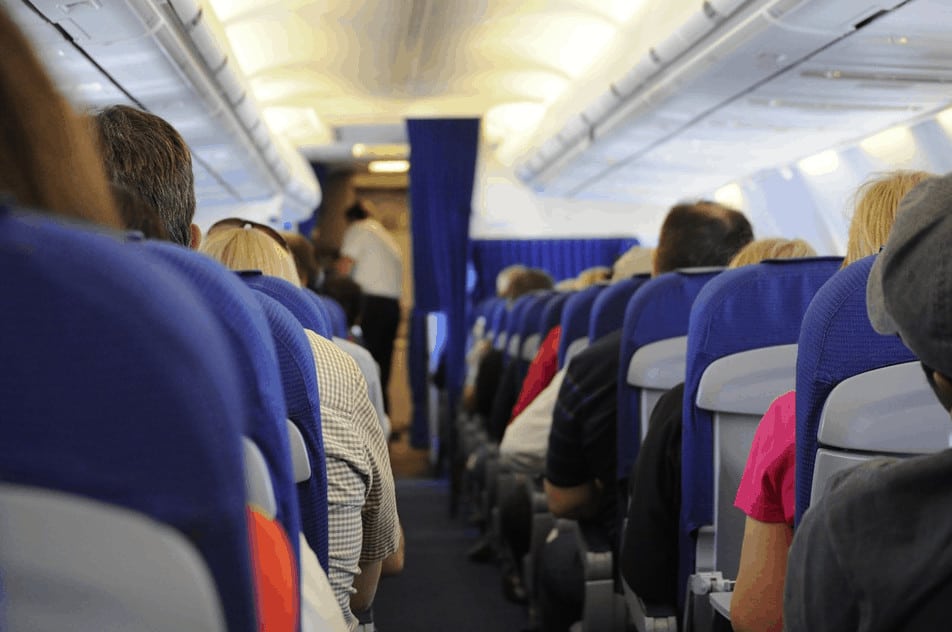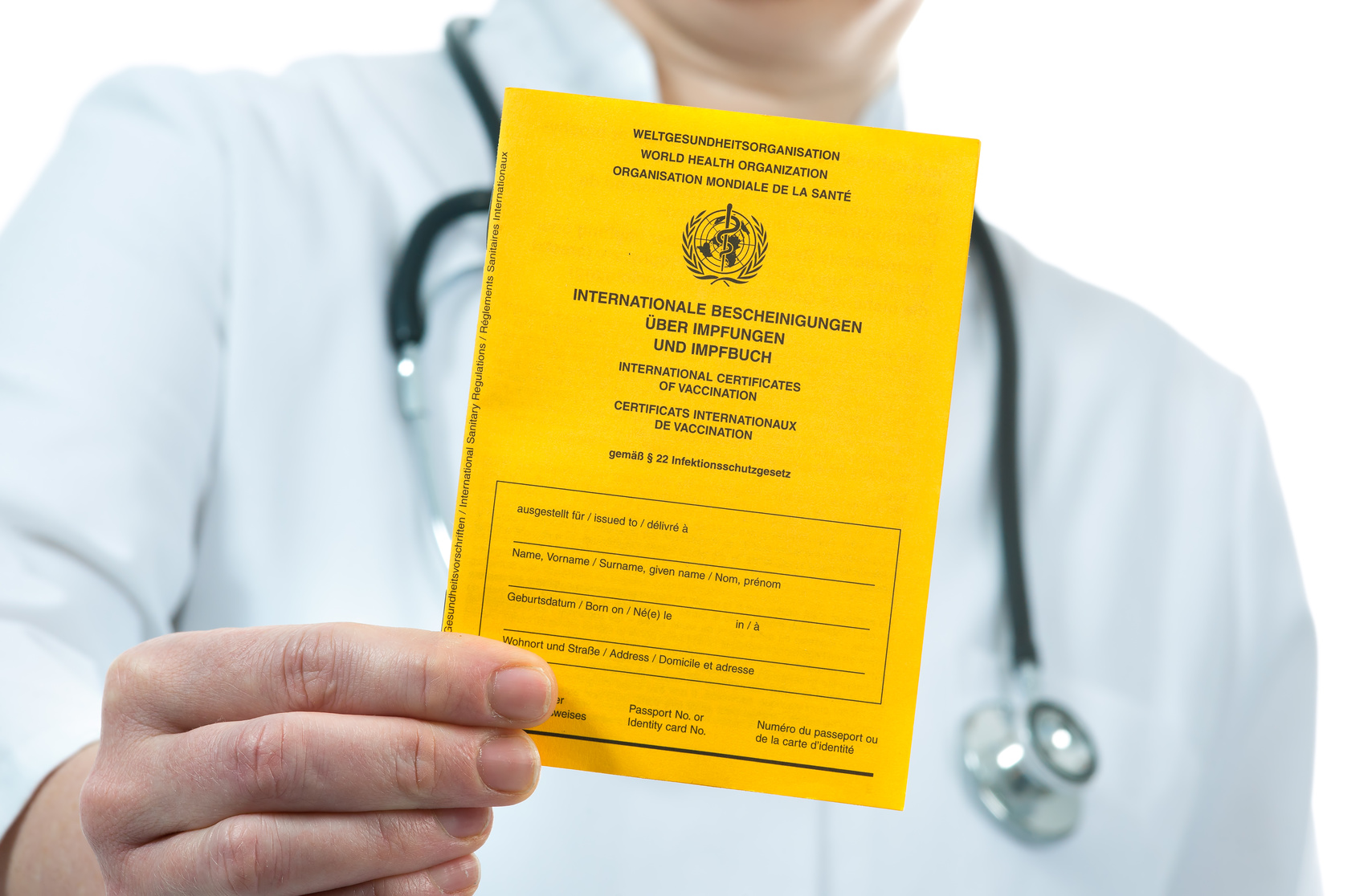Tag: travel sickness
Planning a trip abroad?
Whether you’re travelling afar for business or pleasure, the long-haul travel involved can be a daunting prospect. But with a little preparation you can enjoy a comfortable journey, and prevent the health risks associated with travel.
At Fleet Street Clinic, we regularly see frequent travellers for travel health-related consultations and vaccinations. Our travel experts have compiled some tips to ensure you are in great shape throughout your travels, starting with a healthy outbound flight:
Deep Vein Thrombosis (DVT)
Travelling on long-haul flights with extended periods of immobility can leave you at an increased risk of DVT (blood clots), especially if you have any pre-existing conditions.
To prevent DVT during your flight:
- Wear loose comfortable clothes.
- Keep moving during the flight – get up regularly to walk around the cabin to aid circulation.
- Keep hydrated by drinking plenty of water- drink at least one cup of water for every hour spent in the air.
- Avoid alcoholic and caffeinated drinks.
- Wear compression socks which apply gentle pressure to the ankle to help with blood flow.
Dehydration
Air in the plane’s cabin is recirculated, which results in a loss of moisture. This can cause dry skin, lips, and eyes.
To prevent dehydration:
- Contact lens wearers should remove lenses prior to travel and wear spectacles to avoid dry eyes and prevent damage to the cornea.
- Dry skin should be moisturised, and if nasal irritation occurs, a saline spray can be used.
- Keep hydrated – don’t be afraid to ask cabin staff for water outside of mealtimes.
Travel / Motion Sickness
Motion sickness occurs when there is confusion between what the eyes see, and what the inner ear senses. With turbulence, cramped spaces and lack of fresh air, susceptible travellers can suffer.
To minimise the risk of travel sickness:
- Keep hydrated.
- Avoid large meals prior to and during the flight.
- Request a seat near the front wing – the most stable part of the plane.
- Use preventative medication such as Cinnarizine (to be taken 2 hours prior to boarding the aircraft).
Jet Lag
Flying can leave you feeling sleep deprived and jet lagged.
To reduce avoidable risks and arrive at your destination in good shape, here’s how you can prevent or combat the effects:
- Avoid night-time flights when possible – otherwise make sure you build a rest period into your schedule on arrival.
- Give your body clock clues as to your new time zone – adjust your watch, observe local mealtimes and bedtimes.
- Use melatonin and timed exposure to bright light – talk to your doctor or consult a specialist travel clinic about using medication to aid both sleeplessness and wakefulness.
- Use our Jet Lag Calculator – whether you’re using timed exposure to bright light, melatonin, both or none of these methods, our calculator can calculate timings based on your exact travel details.
Book An Appointment
If you’re taking a long-haul flight and need travel vaccines or advice, you can book an appointment online to ensure a smooth transit to your destination.
Panama sits on both the Pacific and Atlantic coasts. With its cloud forests, coffee farms, magical islands, world-class diving and a canal that connects two oceans, many people choose to make Panama their holiday destination.
If you plan to go, follow our travel tips to have a safe and healthy holiday.
Vaccinations for vacation
It is advised that all travellers be up-to-date with Diphtheria, Hepatitis A, Tetanus and Polio. Higher risk travellers may want to consider vaccinations against Typhoid, Rabies and Hepatitis B. It is best to speak with a travel expert to see what they advise for you.
You can find more information on our wellness and travel vaccinations.
Prevent mosquito bites
It is no longer necessary to take anti-malarial medication if visiting Panama. However, precautions against mosquito bites should be taken as viruses such as dengue fever, Zika virus and chikungunya can be transmitted in the region. Pack some insect repellent with at least 50% DEET, and take a mosquito net if you plan to stay in traditional accommodation that may not provide one. You can help protect yourself from mosquitos with our Ultimate Bug Kit.
Find out if you need a Yellow Fever Vaccination
Yellow Fever exists east of the Panama canal. If you plan to visit this area the vaccination is recommended. Also, those who plan to enter Panama from a country that has a risk of Yellow Fever (such as Colombia) will need to be in possession of a valid Yellow Fever Vaccination certificate.
Pack a first aid kit
A first aid kit with necessary medication and first aid items is a good idea. Accessing medical care and medical supplies in parts of the region can be difficult, especially for those who plan to visit the San Blas Islands, cloud forests or coffee farms. Those who plan on diving in the Bocas del Toro may wish to take out items such as ear drops for an infection, and antiseptic cream for any coral cuts.
Don’t get travel sick
A huge attraction in Panama is the coastline and archipelago, including the San Blas and the Pearl Islands. Accessing parts of Panama often involves long bumpy journeys by road and boat trips to the islands can often be choppy. If you suffer from travel sickness, ensure you pack medication to prevent this, and take it before you set out on the journey to prevent feeling queasy.
Book your travel appointment today
By Anna Chapman | Travel Nurse | January 2019




